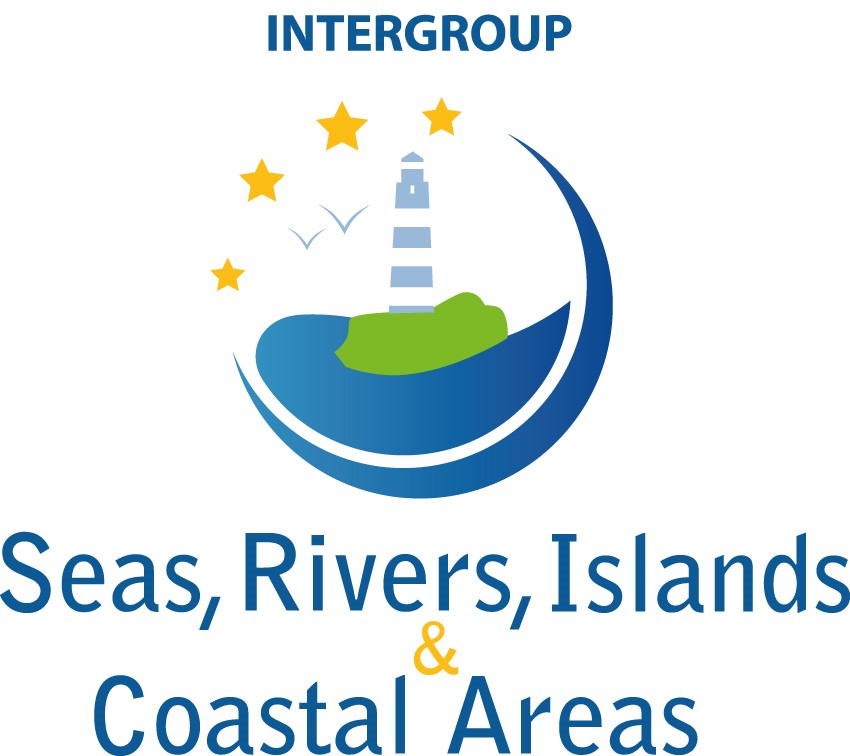Following its launch at the beginning of 2010, the Seas and Coastal Areas Intergroup is now celebrating the end its first mandate of existence. Since the European Commission launched its consultation on the creation of an Integrated Maritime Policy (IMP) in 2007, the interest in launching a policy discussion in favor of the sea has grown significantly. The work achieved by the Intergroup has confirmed the need for a forum for open exchange in the European Parliament, for those MEPs interested in maritime affairs, to debate and to be kept informed, but above all a forum that would facilitate MEPS’ direct influence on legislation.
Through an intense programme of seminars, public hearings, the investment of approximately 40 Parliamentarians coming from 13 countries and with the valuable support of the Conference of Peripheral Maritime Regions of Europe (CPMR), the Seas and Coastal Areas Intergroup has made an undisputed contribution to the emergence and the updating of issues considered as priorities by our members. In particular, the issues of maritime security, conditions of the exploitation of offshore oil, protection of marine biodiversity, marine and maritime research, maritime industries, European coastguards and marine renewable energies.
Our aim has been to form as many links as possible between issues that up to now have been dealt with in a compartmentalized way. We have endeavored to treat these issues whilst bearing in mind key aspects: in particular employment, environment and health. We have also been careful to open up our discussions on each occasion to the range of stakeholders without being partisan, thereby paving the way for a constructive dialogue between actors from the institutions and those representing the economic sector and civil society.
The Intergroup’s initial objective of gaining recognition as a credible actor in Brussels in the maritime field and facilitating the emergence of key subjects on the Community’s agenda has been fulfilled. At our level, we want to push to see that law-makers are no longer fighting yesterday’s battles, but rather should be forward looking through the anticipation of problems, rather than suffering them a posteriori and taking emergency action.










